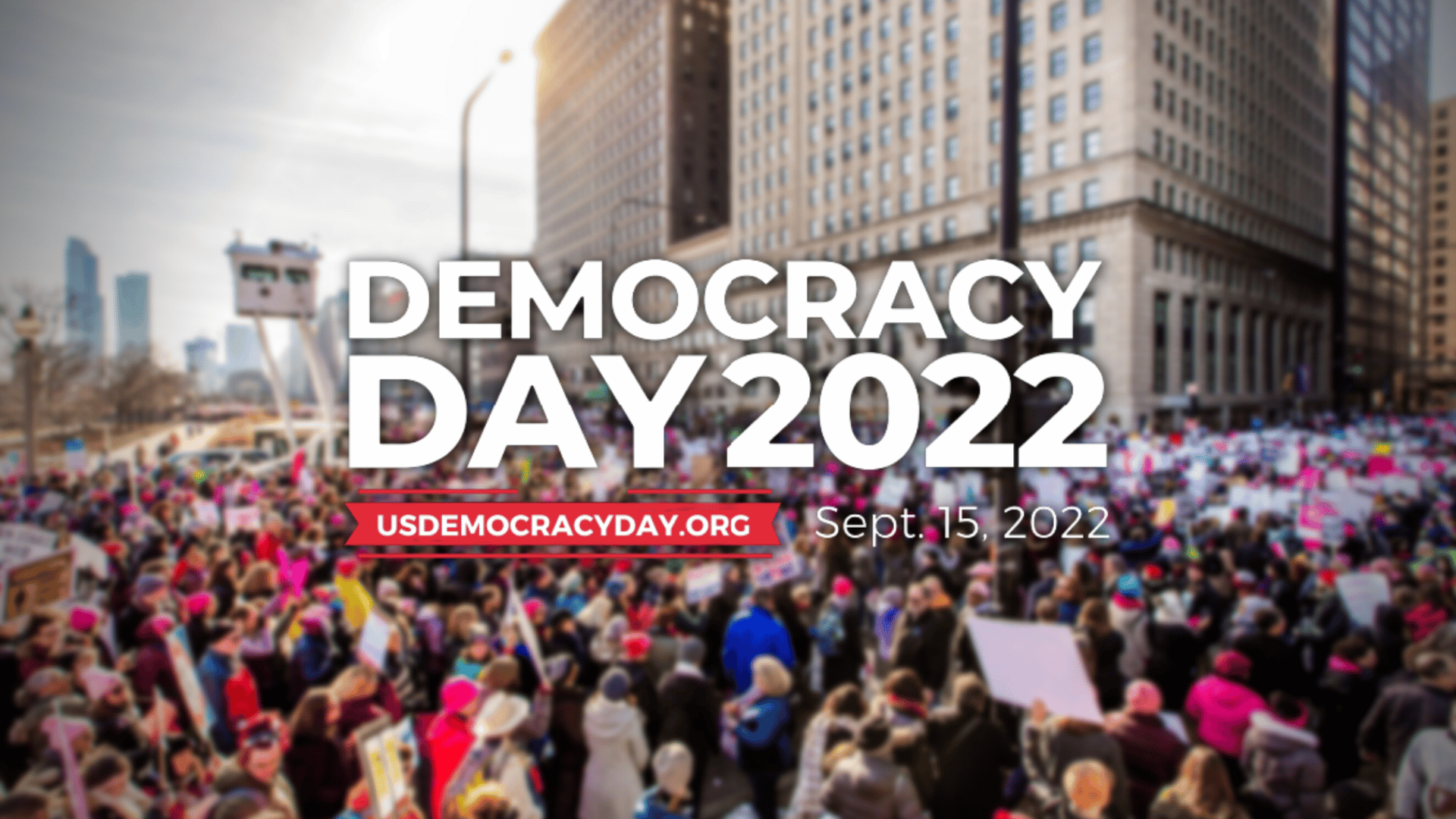We need an inspiring culture of democracy: Start by making International Democracy Day a holiday
By Yordanos Eyoel and Akunna Cook
Today is International Democracy Day, a holiday that deserves much gravitas but is virtually unknown outside of the elite halls of multinational institutions.
As half-and first-generation immigrants to the U.S. with roots in Sub Saharan Africa, we have committed our careers to fighting for inclusive democracy both at home and abroad. We believe it is possible to be fiercely patriotic to America while simultaneously critical of our practice of democracy and approach to global leadership. Our collective experience in senior roles in government and civil society has led us to the conclusion that the concept and practice of American democracy needs to be reconceptualized for the 21st century.
We can start by celebrating International Democracy Day.
Holidays commemorate our values; they build traditions and a collective narrative. For example, we celebrate America’s independence and the formation of our democratic institutions on July 4th. Although the U.S. did not actually become a liberal democracy until the 1968 Voting Rights Act, celebrating Independence Day upholds a collective narrative about American democracy, despite its complicated history.
Making election day in November a U.S. national holiday would be an important step in voter enfranchisement, but democracy is about more than voting. It’s about building a national and international culture of democracy that promotes civic education, cultivates strong social fabrics, and incentivizes a shared commitment to contribute to the vision of inclusive democracies that deliver for people.
In fact, overemphasis on elections can undermine a healthy democratic culture. At home, it reinforces our lackluster two-party political party system, exacerbating the fissures in our democratic process and driving us into polarized political enclaves. It creates cynicism among marginalized communities who see themselves as commodities for votes rather than full stakeholders in the political system. Internationally, our democracy-promoting efforts have been criticized for over-indexing institution building rather than shifting political cultures.
On this International Democracy Day, here are four priorities for building a culture of democracy for our digital, 21st century world:
Reconceptualize democracy and who “owns” it
The outdated Cold War concept that America “owns” democracy must be eradicated from the psyche of policy architects and citizens alike. There is no singular leader of the “free world.” We have to change our language and embrace an era of plurality. This is particularly important because no country has fully attained the vision of an inclusive democracy. We have as much to learn from the world as we can contribute. In today’s geopolitical reality, humility rather than superiority should be the marker of global leadership.
Support innovative nonpartisan democracy organizations nationally and internationally
At a time when 8 out of 10 people live in a “not free” or “partly free” country, we cannot imagine a more urgent time to innovate for democracy. Civil society organizations such as When We All Vote in the U.S., Politize! in Brazil, and the Apolitical Foundation in a global effort, are cultivating democratic culture through community organizing, digital civic education, and political leadership development. We need to capitalize these types of efforts that activate civic consciousness, build citizen’s capacity for civic participation and engage across differences. We also need to strategically invest in creative and media industries around the world to produce culturally relevant content that promotes civic education and engagement. This is especially critical to energize young people who increasingly question the promise of democracy.
Build a representative, multigenerational political leadership in government
Building an inclusive democracy requires diverse leadership, including creating pathways for younger leaders to enter traditional political power spheres. For instance, 16% of the U.S. population is over the age of 60 while 50% of the Senate is 65 years old or older, with 21 senators between the ages of 70 and 80. In Africa, the average age is 19.7 whereas the average age of an African President is 62. We need systematic approaches to elevate and empower young people to exercise leadership in government to develop innovative and equitable public policies that align with the will of the people.
Recognize International Democracy Day as a nonpartisan civic holiday
In this moment of hyper-partisanship, International Democracy Day is an opportunity for businesses, civil society organizations, schools and individuals to demonstrate their commitment to democracy by celebrating the values and institutions of democracy through civic education and action. Just as we celebrate Earth Day or International Women’s Day, let’s make International Democracy Day an annual reminder to take account of our progress in building a culture that supports strong inclusive democracies.
————
Yordanos Eyoel is the Founder and CEO of Keseb.
Akunna Cook is the Former Deputy Assistant Secretary of State for African Affairs in the Biden-Harris Administration and Founder and CEO of Next Narrative Africa.
This post is being published as part of U.S. Democracy Day, a nationwide collaborative reporting effort aimed at addressing the threats and challenges to democracy and the democratic process in the United States.

